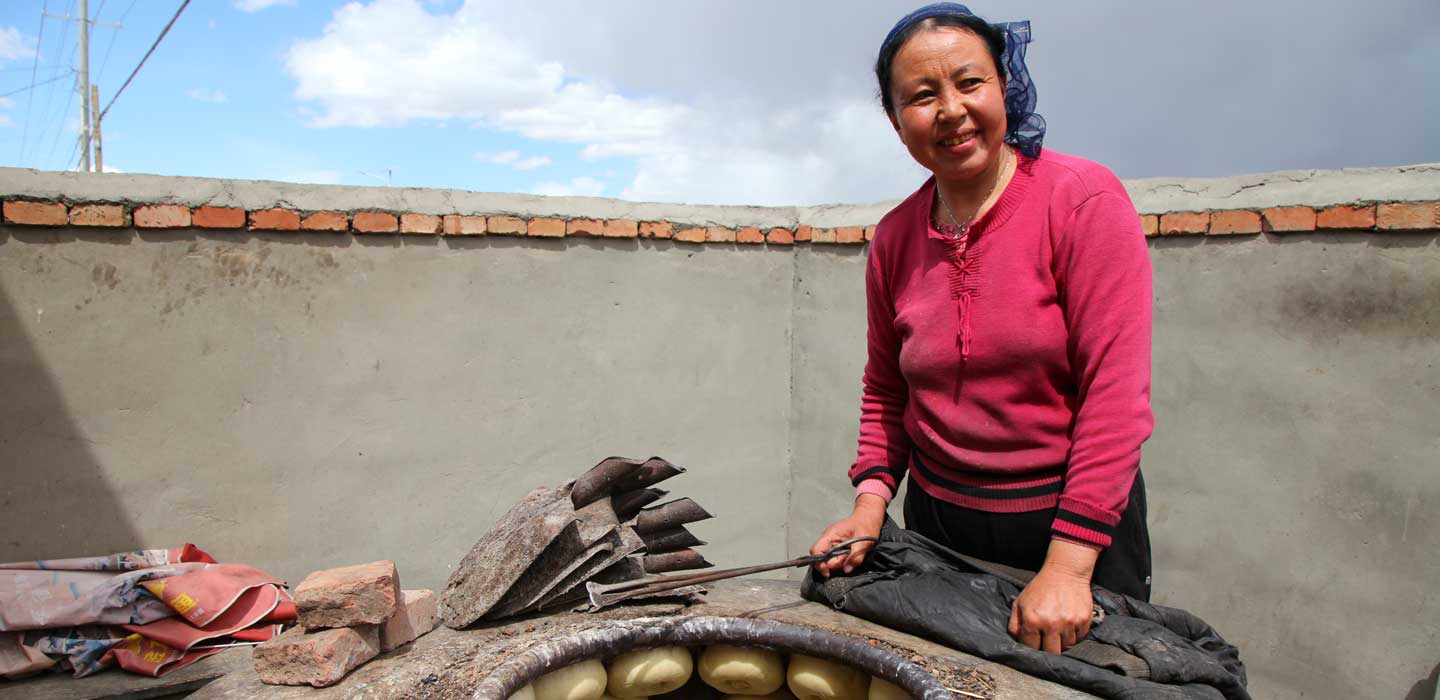Historias
Historias

Historias
Manual Submenu Topics
Search Results Filters
Resultados de la búsqueda
No se ha encontrado ningún resultado.
No se ha encontrado ningún resultado para las palabras clave: .

No se ha encontrado ningún resultado para las palabras clave: .